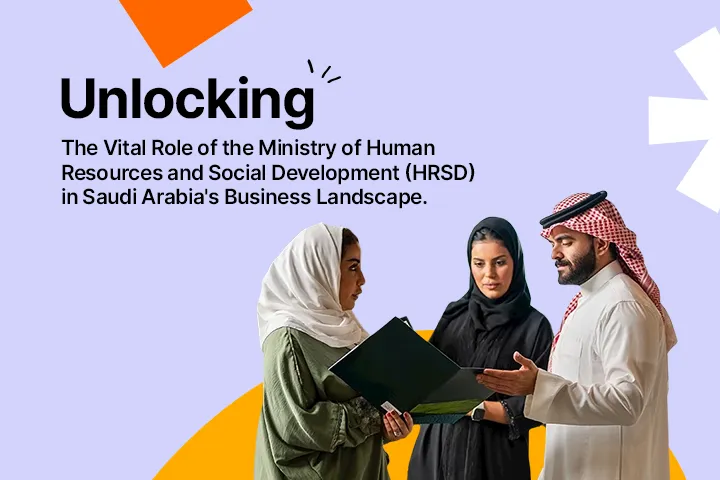HR in the MENA region is facing big changes, with digital transformation and the rise of AI bringing new challenges. Are HR professionals ready to tackle this digital disruption?
Spotlight Interview: Samir Mardini Weighs in On Bridging HR Skill Gaps
Samir Mardini, a partner at EY with over 20 years of experience, offers valuable insights. He points out three major challenges:
1. Government organizations are struggling to balance nationalization goals with finding skilled local talent.
2. The competition for top talent in the region is getting tougher.
3. HR professionals are still catching up with global best practices.
Samir believes that instead of fearing AI, HR should use it to help bridge skill gaps and move forward.
Let’s dive into his vision for the future of HR in MENA.
Identifying the Problem: Skill Gap
In the MENA region, HR professionals face a significant challenge with skill gaps. Compared to global standards, HR practices in the region must catch up, partly due to the need for more emphasis on the HR function itself. This has led to a need for more well-qualified HR leaders, which hampers organizations' ability to advance and transform quickly. Many companies acknowledge this issue and seek ways to upskill their HR teams to bridge these gaps and drive faster progress.
The Solution? Use AI-Powered Tools
To address the skill gaps in HR, Samir Mardini suggests leveraging AI-powered tools to map HR professionals' skills against industry standards. This approach helps identify gaps and provides targeted interventions to bridge them. Additionally, Samir emphasizes the importance of viewing problems from a strategic perspective rather than focusing solely on immediate issues. For instance, he integrates global best practices when designing performance management systems and customizing them to fit an organization's culture. This holistic approach helps uncover underlying issues, such as the need for proper system use due to inadequate training, and ensures more effective solutions.
Implementing AI Solutions
In a recent project with a government ministry, Samir Mardini and his team designed a comprehensive Performance Management System (PMS) intended for use across multiple ministries. Due to its complexity and the need to engage various stakeholders, the system took seven to eight months to develop.
Despite thorough design and stakeholder involvement, issues arose during the implementation phase. After extensive investigation, it was discovered that the problem was not with the system itself but with the users’ understanding of how to use it effectively. Many end users struggled with the new system, highlighting a gap in training and understanding.
To address this, Samir’s team focused on comprehensive training for key stakeholders, ensuring they fully grasped how to operate the system and evaluate employees accurately. This experience underscored the importance of designing a robust system and ensuring that users are well-prepared to use it effectively.
Samir’s Advice to HR Professionals
Finally, Samir offers advice to HR professionals on succeeding in the MENA region. He stresses the importance of humanizing HR by treating employees as individuals with unique needs and contributions. He also emphasizes the need to balance organizational goals with employee well-being. Additionally, Samir encourages HR leaders to embrace AI and commit to continuous learning.




